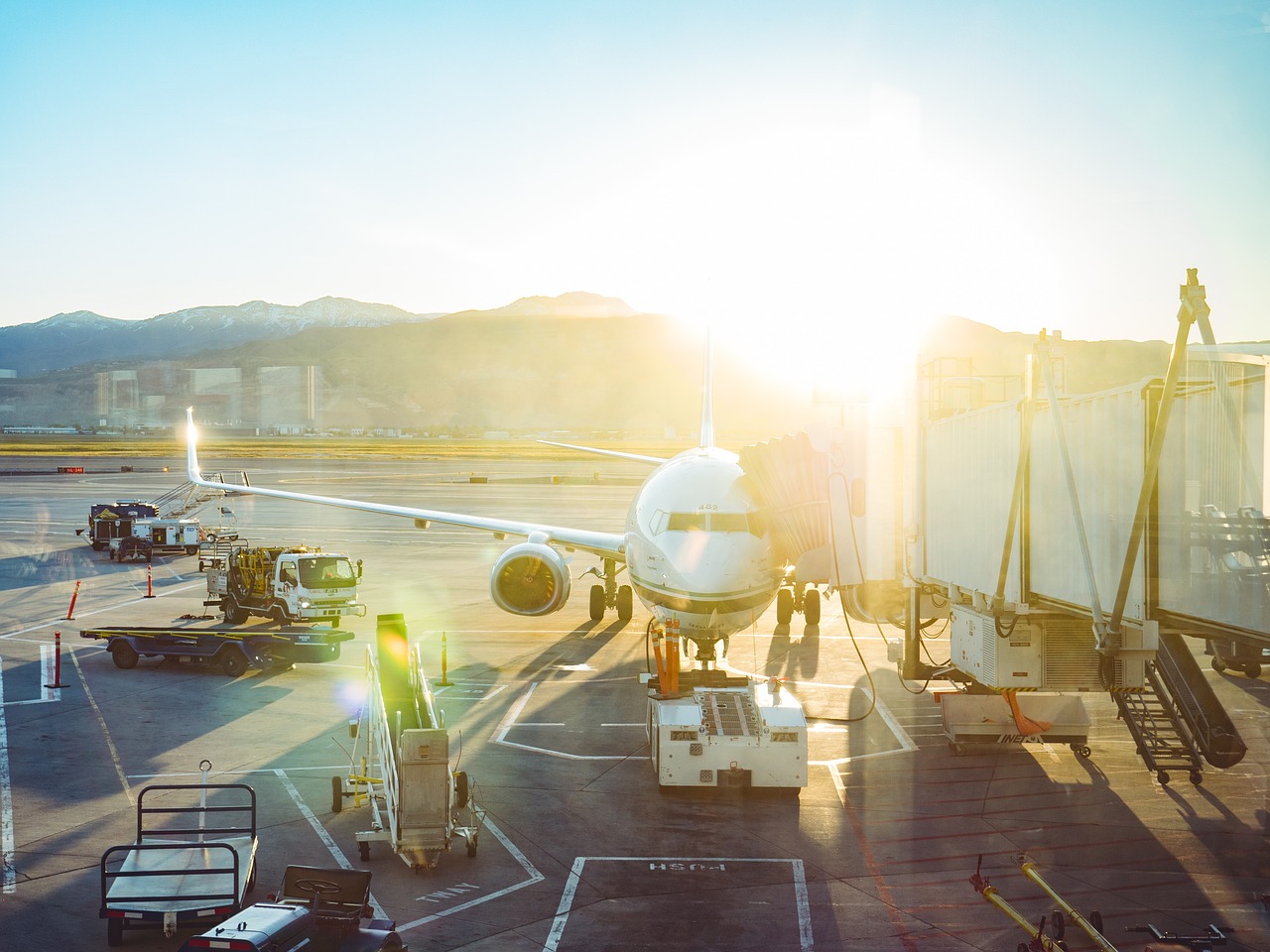The Psychology of Wanderlust: Understanding the Urge to Explore New Horizons
Wanderlust, the strong desire to explore the world and travel to new places, is influenced by various factors. One significant factor is the urge to step out of one’s comfort zone and experience unfamiliar cultures, cuisines, and landscapes. This sense of adventure often drives individuals to seek out new destinations and embark on journeys that challenge their perceptions and beliefs.
Moreover, the influence of social media cannot be overlooked when considering the factors that contribute to wanderlust. Platforms like Instagram and Facebook showcase picturesque travel destinations, inspiring individuals to add these places to their own bucket lists. The constant exposure to travel content on social media fuels the desire to visit exotic locations and capture memorable experiences, driving the passion for exploration even further.
The Role of Curiosity in Travel
Curiosity serves as a fundamental driving force behind travel adventures. It propels individuals to venture into the unknown, to explore new cultures, and to seek out novel experiences. When curiosity collides with travel, it sparks a sense of wonder and excitement that can lead to unexpected discoveries and meaningful connections.
By fostering a sense of openness and receptivity, curiosity allows travelers to immerse themselves fully in their journey. It encourages them to engage with unfamiliar environments and engage with diverse perspectives, ultimately broadening their worldview. The act of questioning, exploring, and learning on the road not only enriches the travel experience but also contributes to personal growth and self-discovery.
Connection Between Wanderlust and Personal Growth
Traveling can often lead to personal growth as individuals venture outside their comfort zones and encounter new cultures, perspectives, and challenges. The act of exploring unfamiliar territories pushes people to adapt, learn, and expand their horizons. It exposes them to different ways of living and thinking, fostering empathy, open-mindedness, and a broader understanding of the world.
Moreover, traveling allows individuals to confront their own limitations, fears, and preconceptions, encouraging self-reflection and personal development. The experiences gained while on the road can provide valuable lessons about resilience, independence, and problem-solving, shaping individuals into more confident and adaptable beings. By stepping out of their daily routines and seeking new experiences, travelers often gain a deeper insight into themselves and the world around them.





